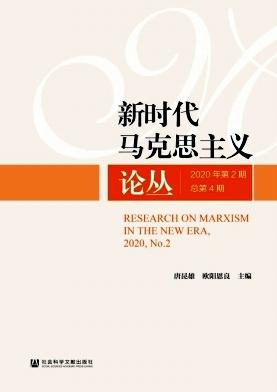The analysis of self directed learning (SDL) through Rasch modeling: Case study on prospective teachers during the use of e-learning with HOTS-oriented in the period of Covid-19 pandemic
引用次数: 3
Abstract
This study aims to explain how prospective teachers’ Self-Directed Learning (SDL) when learning through the media of the Moodle e-learning platform poses various Higher Order Thinking Skill (HOTS) problems. Seventy-seven prospective teachers at the Universitas Papua responded to the SDL questionnaire. Oescriptive testing methods by Rasch modeling used as SDL questionnaires which were accessible online through e-learning. This SDL questionnaire had 32 statements with five indicators. The Rasch Model analysis technique was used to test the reliability and validity of the SDL instrument and assessed the student’s SDL. The results of the reliability and validity analysis indicated that the SDL instrument was appropriate. The results of univariate analysis of the respondents’ approval level showed a logit value greater than 0.00, which meant that students generally agreed to the SDL instrument statements obtained during the use of Moodle e-learning platform with HOTS-oriented. As for some items of statements had a low acceptance rate that was generally related to the students’ ability to measure the level of failure in learning. At last, these results can be a reference for lecturers to continue improving the optimization of the use of e-learning, one of which is through the presentation of appropriate evaluation instruments. So the students, especially prospective teachers, have the ability to measure their achievement in learning.基于Rasch模型的自主学习(SDL)分析——以新冠肺炎大流行期间以hots为导向的在线学习的准教师为例
本研究旨在解释未来教师在通过Moodle电子学习平台进行学习时,自主学习(SDL)是如何产生各种高阶思维技能(HOTS)问题的。巴布亚大学的77名准教师回答了SDL问卷。采用Rasch模型的描述性检验方法作为SDL问卷,通过e-learning在线获取。SDL问卷共有32项,5项指标。采用Rasch模型分析技术对SDL仪器的信度和效度进行检验,并对学生的SDL进行评估。信度和效度分析结果表明,SDL仪器是合适的。被调查者认可程度的单变量分析结果显示logit值大于0.00,说明学生对使用以hots为导向的Moodle电子学习平台所获得的SDL工具陈述基本同意。对于某些陈述项目的接受率较低,这通常与学生衡量学习失败程度的能力有关。最后,这些结果可以为讲师继续改进e-learning使用的优化提供参考,其中之一是通过提供适当的评估工具。因此,学生,尤其是未来的教师,有能力衡量他们在学习中的成就。
本文章由计算机程序翻译,如有差异,请以英文原文为准。
求助全文
约1分钟内获得全文
求助全文

 求助内容:
求助内容: 应助结果提醒方式:
应助结果提醒方式:


